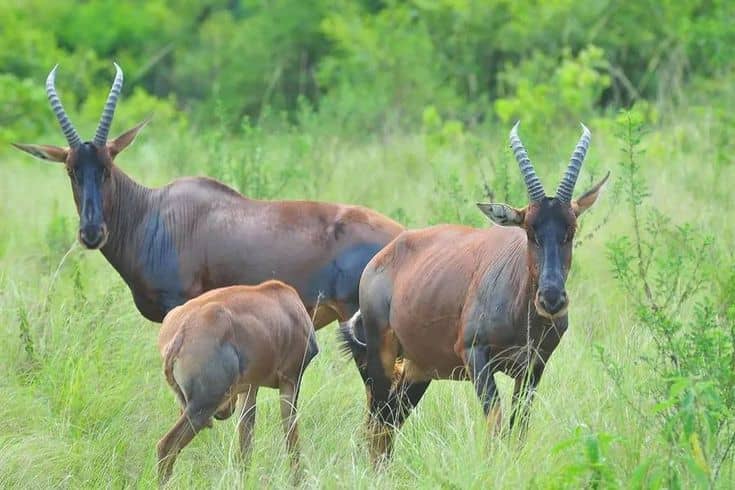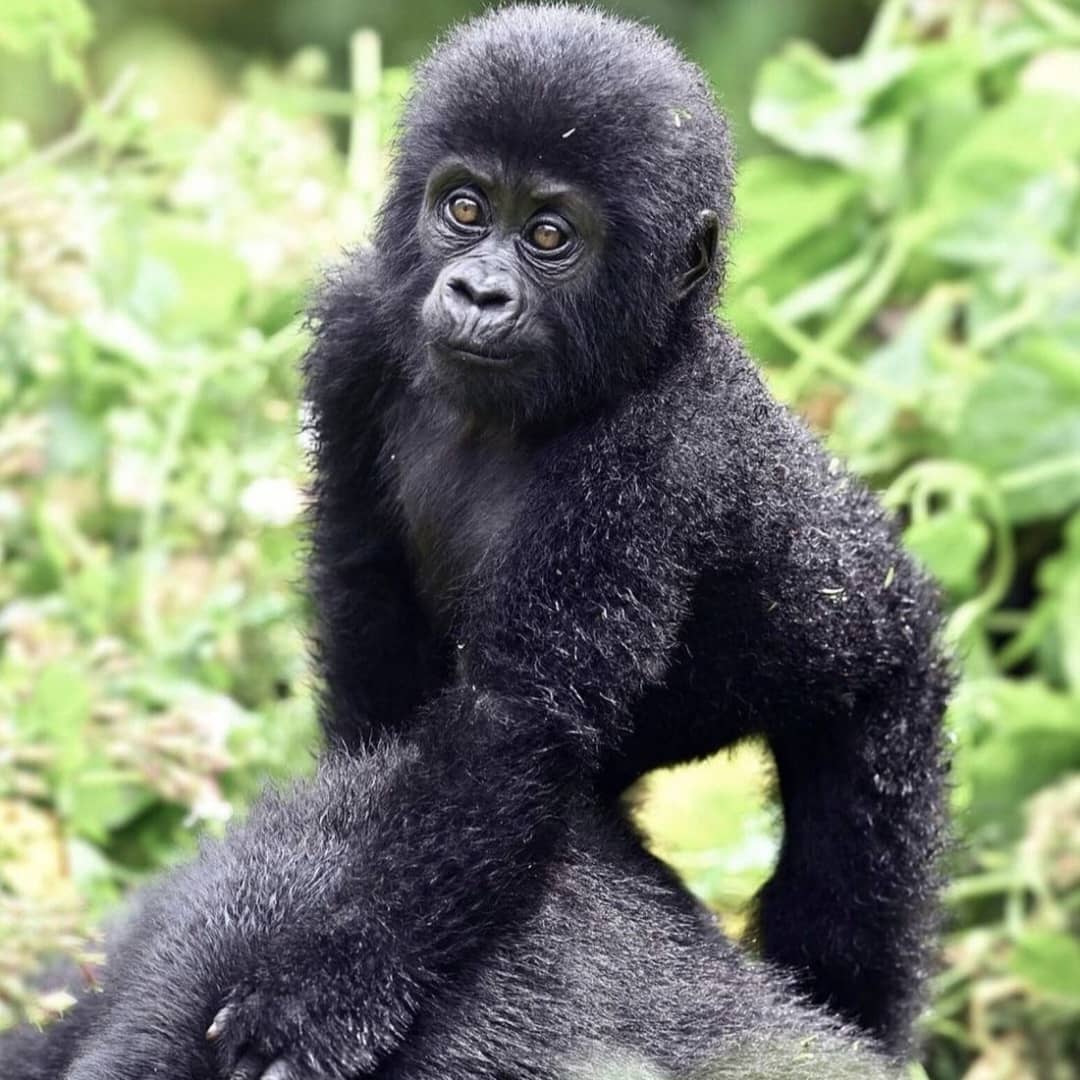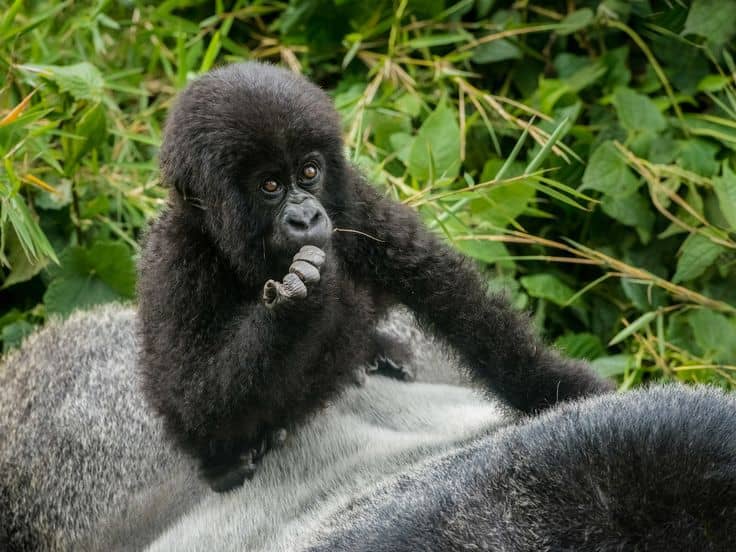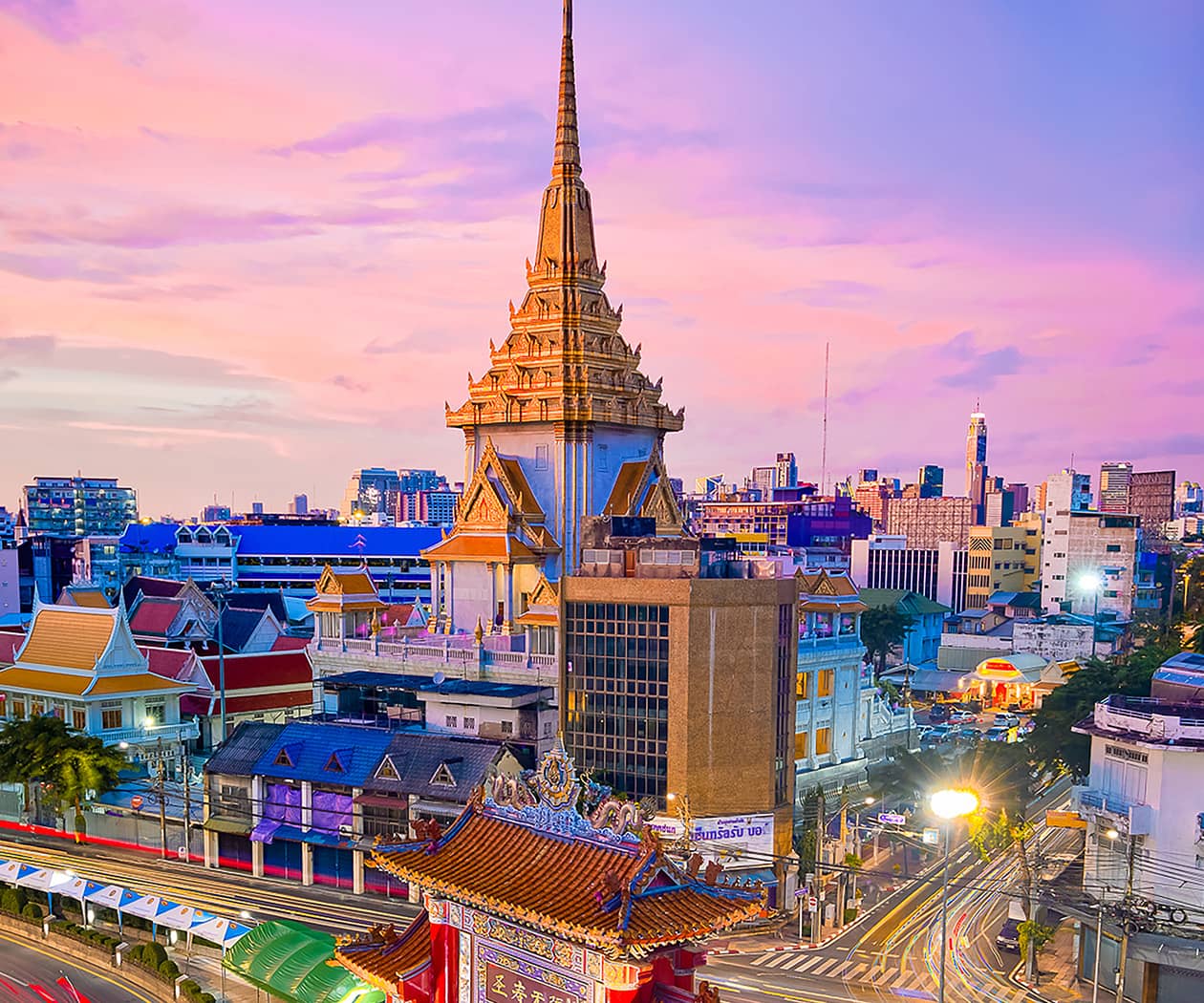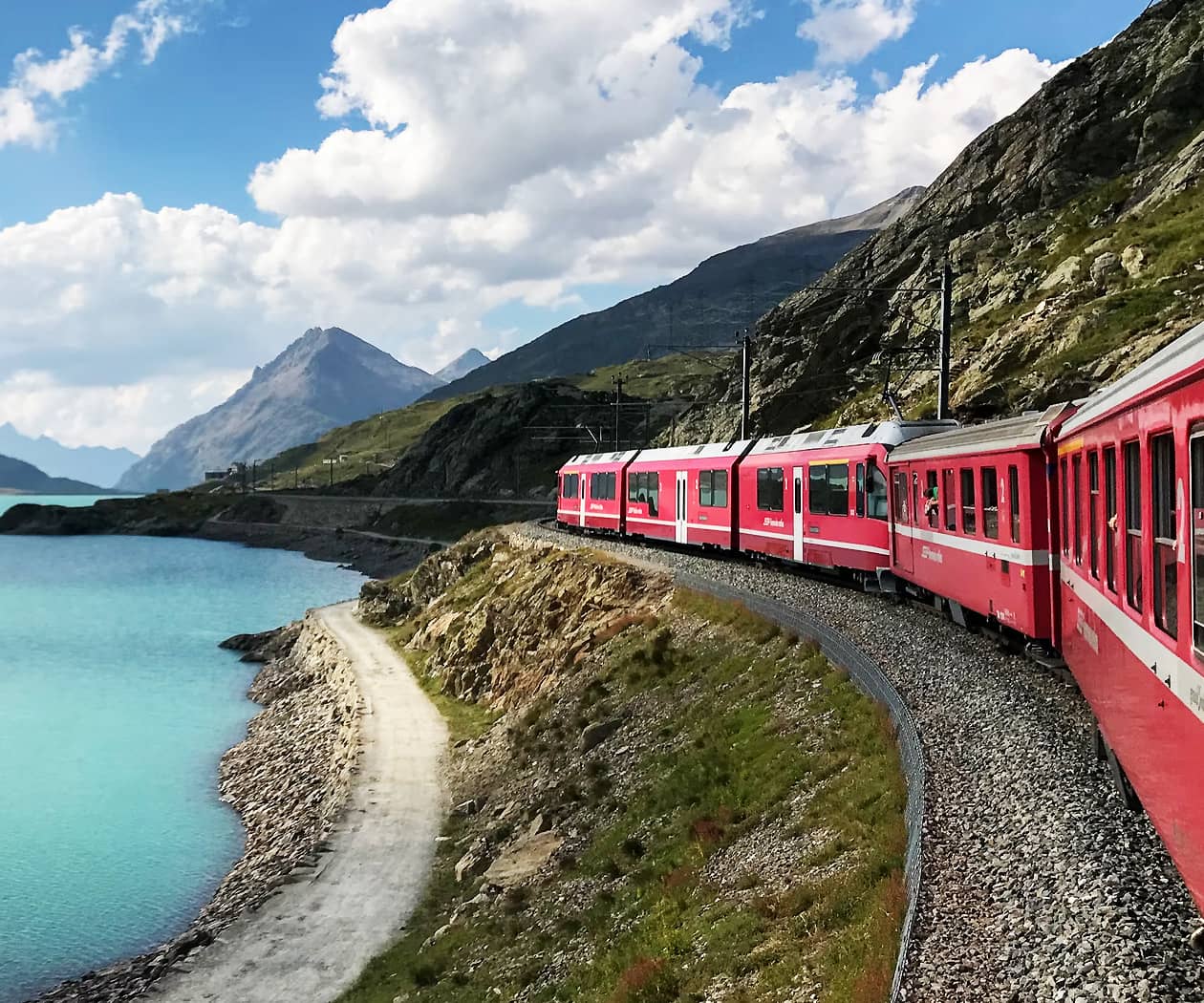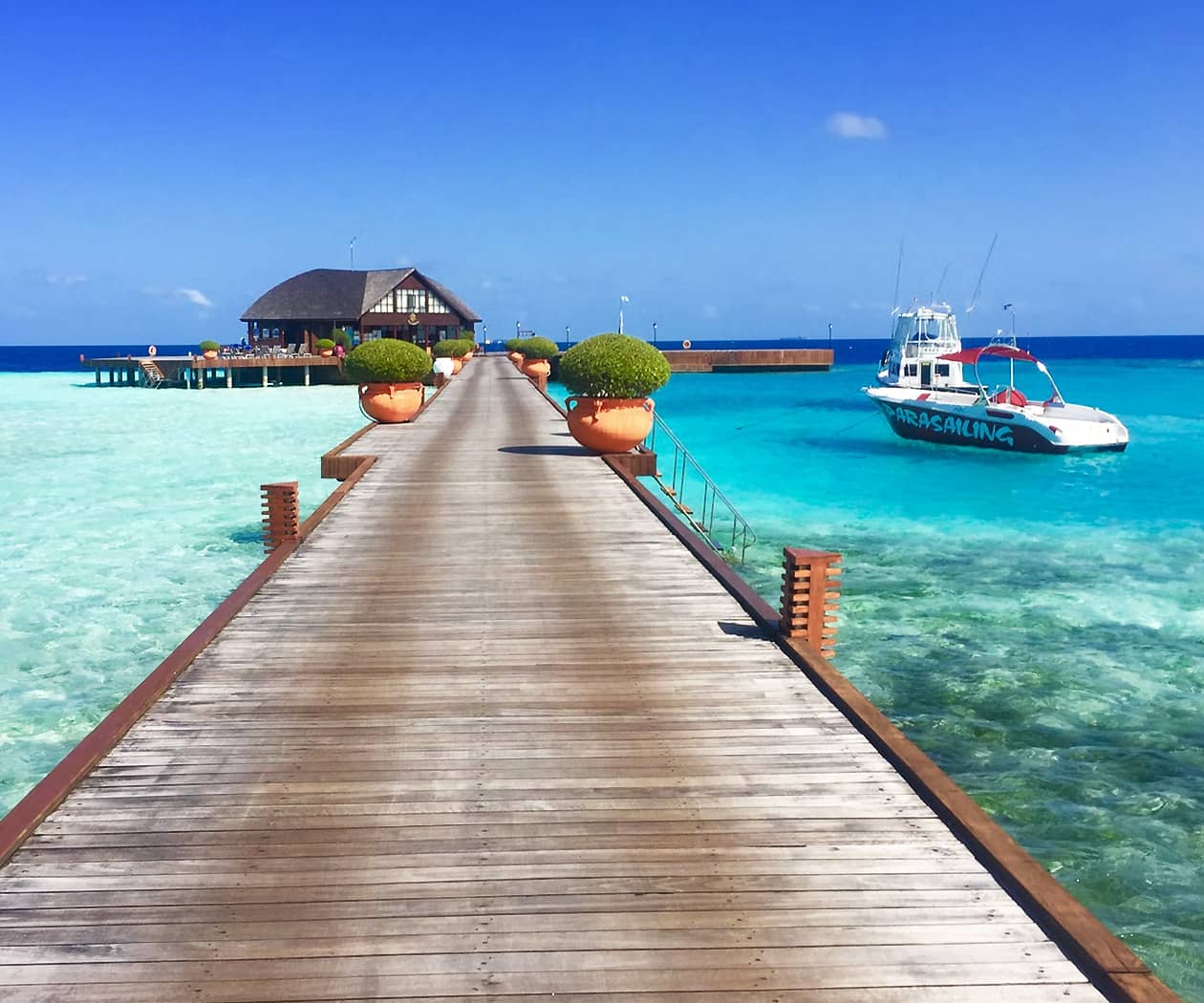Tanzania Cultural Safari Experiences
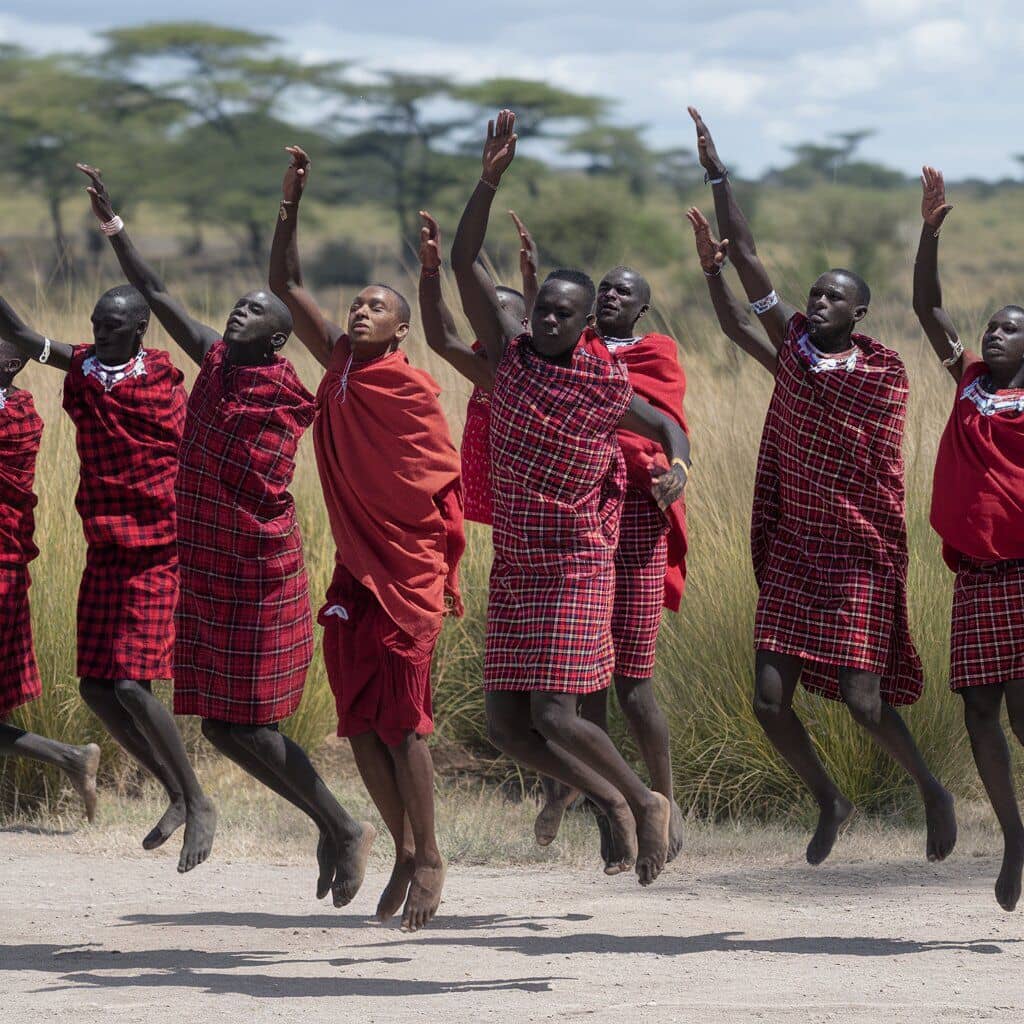
For travelers captivated by Uganda’s vibrant cultures and seeking to expand their African adventure across the border, Tanzania offers unparalleled opportunities to connect with ancient traditions and contemporary communities. While Uganda delights visitors with its diverse ethnic encounters, adding Tanzania cultural safari experiences to your itinerary creates a profoundly rich journey that blends world-class wildlife viewing with meaningful human connections. These immersive experiences transform a standard safari into a holistic understanding of East Africa’s living heritage, offering unique Tanzania cultural safari experiences that will leave you with deeper insights and lasting memories long after you return home.
Beyond Wildlife: Why Cultural Experiences Matter
Many visitors to Africa focus primarily on wildlife, overlooking the incredible cultural richness that makes each destination unique. Tanzania cultural safari experiences provide essential context to your wildlife observations, helping you understand how local communities have coexisted with wildlife for centuries and how conservation efforts intersect with human needs. These encounters add layers of meaning to your journey, creating a more complete picture of East African life that complements Uganda’s own diverse cultural offerings.
The beauty of Tanzania cultural safari experiences lies in their diversity and authenticity. From meeting Maasai warriors who have maintained their traditional pastoral lifestyle to learning from Hadzabe hunter-gatherers whose way of life dates back millennia, these experiences offer genuine connections rather than performative tourism. This authentic approach to cultural tourism ensures that your visits directly benefit local communities while providing you with unforgettable memories and new perspectives.
Extraordinary Cultural Encounters Across Tanzania
Tanzania’s incredible cultural diversity offers numerous opportunities for meaningful engagement:
Maasai Community Visits
The most accessible of Tanzania cultural safari experiences involves visiting Maasai communities living near northern circuit parks. These aren’t just brief photo opportunities but chances to learn about their distinctive pastoral traditions, intricate beadwork, jumping dances, and deep ecological knowledge. Many community-run tourism initiatives allow you to join guided nature walks with Maasai guides who share their intimate understanding of local plants, animal tracking, and traditional uses of natural resources.
Hadzabe Hunter-Gatherer Experience
For one of the most authentic Tanzania cultural safari experiences, visit the Lake Eyasi region to spend time with the Hadzabe people, one of Africa’s last remaining hunter-gatherer communities. This incredible experience might include joining men on a morning hunt using traditional bows and arrows, learning about foraging for edible plants and honey with women, and experiencing their unique click-based language. This encounter offers a glimpse into a way of life that has remained largely unchanged for thousands of years.
Iraqw Cultural Encounters
In the Mbulu Highlands near Lake Manyara, the Iraqw people offer fascinating Tanzania cultural safari experiences centered around their unique underground houses and agricultural traditions. Learn about their distinctive language (which contains clicks unlike their Cushitic relatives), traditional farming methods, and sample local foods while enjoying spectacular views across the Great Rift Valley.
Sukuma Museum Visit
Near Mwanza, the Sukuma Museum provides insight into Tanzania’s largest ethnic group through traditional houses, ceremonial artifacts, and cultural performances. This well-organized museum offers one of the more structured Tanzania cultural safari experiences while providing important context about the country’s most populous community.
Swahili Coast Cultural Immersion
While primarily focused on wildlife, no discussion of Tanzania cultural safari experiences is complete without mentioning Zanzibar’s Stone Town. This UNESCO World Heritage site offers a fascinating blend of Arab, Persian, Indian, and European influences evident in its architecture, food, and culture. Spice tours, historical site visits, and interactions with local artisans provide rich cultural layers to complement mainland safari experiences.
Combining Ugandan and Tanzanian Cultural Experiences
For travelers beginning their journey in Uganda, adding Tanzanian cultural encounters creates a fascinating comparative study of East African cultures. Where Uganda offers experiences with Bakiga, Batwa, Karamojong, and other distinct communities, Tanzania presents different ethnic traditions and adaptation strategies. This cultural combination helps visitors appreciate the incredible diversity within East Africa beyond what any single country can offer.
The practicalities of combining these experiences are surprisingly straightforward. From southwestern Uganda’s gorilla trekking regions, the journey to northern Tanzania’s cultural and wildlife areas can be managed through coordinated flights or overland travel with experienced operators who handle border formalities. Many tour companies specialize in creating seamless itineraries that incorporate both countries’ highlights.
Ethical Cultural Tourism: Principles for Meaningful Encounters
When engaging in Tanzania cultural safari experiences, responsible practices ensure positive impacts for both visitors and communities:
-
Choose Community-Run Initiatives: Prioritize experiences owned and operated by local communities rather than external companies.
-
Respect Photography Protocols: Always ask permission before taking photographs, especially of people, and respect refusals gracefully.
-
Purchase Directly from Artisans: When buying crafts, buy directly from makers rather than intermediaries to ensure fair compensation.
-
Learn Basic Greetings: Attempting a few words in Kiswahili or local languages demonstrates respect and breaks down barriers.
-
Listen More Than You Speak: Approach cultural encounters with humility and curiosity rather than assumptions.
-
Follow Local Customs: Dress modestly when visiting communities and follow guidance regarding appropriate behavior.
Planning Your Combined Cultural Safari
Creating an itinerary that incorporates both Ugandan and Tanzanian cultural experiences requires careful planning:
Sample 14-Day Cultural Safari Itinerary:
-
Days 1-3: Kampala cultural tour and travel to southwestern Uganda
-
Days 4-5: Gorilla trekking in Bwindi and Batwa cultural experience
-
Days 6-7: Travel to Tanzania with stop at Lake Victoria communities
-
Days 8-9: Maasai cultural experiences near Ngorongoro Conservation Area
-
Days 10-11: Hadzabe visit near Lake Eyasi
-
Days 12-13: Serenget wildlife viewing with cultural context
-
Day 14: Return to Arusha and depart
Best Time for Cultural Experiences: Unlike wildlife viewing, Tanzania cultural safari experiences can be enjoyed year-round since they’re not weather-dependent. However, the dry seasons (June-October and December-February) offer more comfortable travel conditions between communities.
What to Bring: Small gifts for community visits (school supplies are often appreciated), a notebook for learning words and phrases, modest clothing that covers shoulders and knees, and an open mindset ready for cultural exchange.
The Transformative Power of Cultural Connection
The most rewarding Tanzania cultural safari experiences often happen spontaneously, sharing tea with a Maasai elder, laughing with Hadzabe children as you attempt to use a bow, or learning a traditional dance alongside new friends. These unscripted moments of genuine human connection transform a vacation into a meaningful journey that changes perspectives and builds bridges between cultures.
For travelers seeking more than wildlife checklists, these cultural encounters provide depth and context that enrich every aspect of your safari experience. You’ll return home not just with photographs of animals, but with stories of people, understanding of different ways of life, and appreciation for the diverse tapestry of human culture that makes East Africa so extraordinary.
Conclusion: Beyond the Safari Vehicle
While Tanzania’s wildlife rightfully claims global attention, the country’s cultural richness offers equally compelling reasons to visit. For travelers extending their Ugandan adventure across the border, incorporating Tanzania cultural safari experiences creates a balanced, meaningful journey that honors both the natural world and the human communities that call it home.
These encounters transform statistics into stories, wildlife into shared ecosystems, and foreign landscapes into places of personal connection. In a world increasingly focused on superficial experiences, Tanzania cultural safari experiences offer something rare and precious: genuine human connection across cultural divides, mutual learning, and memories that will shape your understanding of Africa long after your tan has faded.
By choosing to include these cultural encounters in your safari itinerary, you’re not just planning a trip, you’re creating an opportunity for transformation, understanding, and the kind of deep travel that changes both visitor and host in positive, lasting ways.

